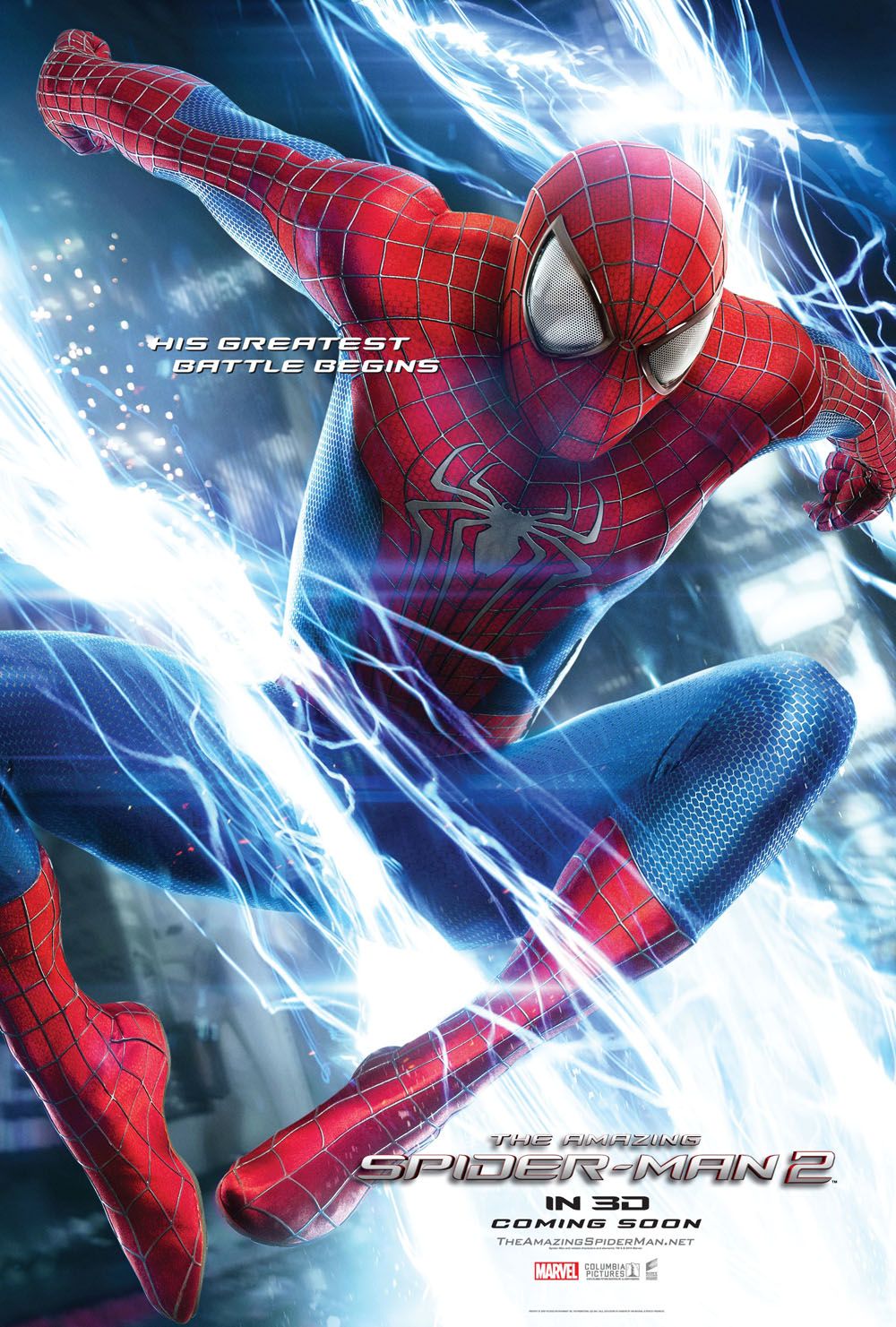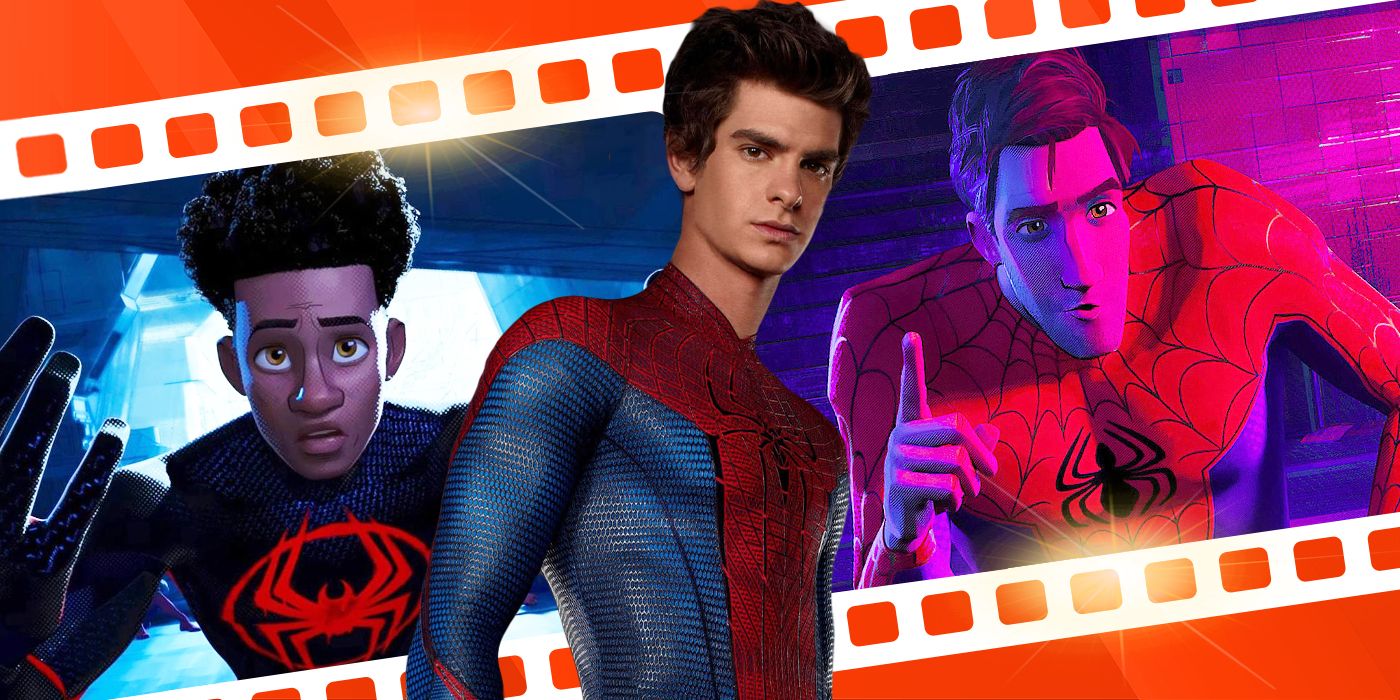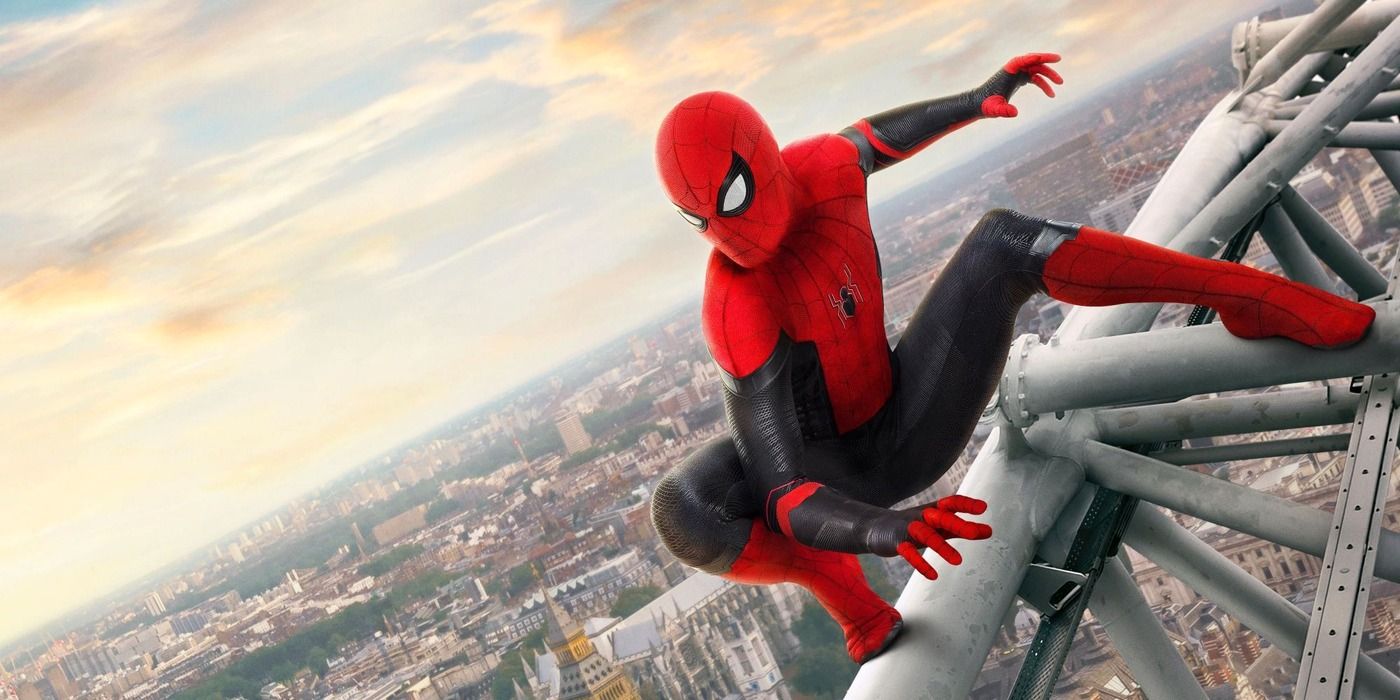The Big Picture
- Richard Parker takes on a central role in The Amazing Spider-Man films, embedding himself deep in the hero's origin story.
- Richard's presence extends beyond philosophy and genetics, as his research directly leads to Peter becoming Spider-Man.
- A scene showing Richard delivering the famous "With great power comes great responsibility" line to Peter was cut in The Amazing-Spider-Man 2.
Nearly everyone on the planet knows the story of Spider-Man: After being bitten by a radioactive spider, Peter Parker gains arachnid-like abilities and eventually puts them to use defending the innocent when a burglar kills his Uncle Ben. A splash of tragedy was added to the mix when that same burglar was a man that Peter could have easily stopped — hammered home by the fateful words, "With great power comes great responsibility." Sam Raimi's Spider-Man trilogy would drill that motto into the heads of a generation, but Marc Webb's Amazing Spider-Man films — specifically The Amazing Spider-Man 2 — gave that phrase to another character from Peter Parker's past.
That character is none other than Peter's father, Richard (Campbell Scott). In a deleted scene, Richard approaches Peter as he's mourning Gwen Stacy (Emma Stone). The two then have a heart-to-heart, with Richard laying the line about great power and great responsibility on Peter. Not only is this a fundamental shift in how the Spider-Man mythos usually unfurls, but it would have impacted the third Amazing Spider-Man film in ways that no one could have foreseen.

The Amazing Spider-Man 2
- Release Date
- April 16, 2014
- Director
- Marc Webb
- Cast
- Andrew Garfield , Emma Stone , Jamie Foxx , Dane DeHaan , Colm Feore , Felicity Jones
- Runtime
- 142
- Writers
- Alex Kurtzman , Roberto Orci , Jeff Pinkner , James Vanderbilt , Stan Lee , Steve Ditko
The ‘Amazing Spider-Man’ Films Made Richard Parker Peter’s Central Father Figure
From the jump, Richard played a larger part in the Amazing Spider-Man films. His research into cross-species genetics drives the plot of both films: The Amazing Spider-Man had Curt Connors (Rhys Ifans) attempting to replicate Richard's research but transforming himself into the Lizard. Norman Osborn (Chris Cooper) sought the cross-species research to stave off a death-defying disease that claimed his life and was inherited by his son Harry (Dane DeHaan); Harry eventually became the Green Goblin and had a hand in Gwen's death. Rather than see his life's work being used for nefarious purposes, Richard and his wife Mary attempted to flee, but were presumed dead after a plane crash. By choosing to potentially take his secrets to the grave, Richard embodied the mantra of using great power responsibly — a lesson that Peter's Uncle Ben (Martin Sheen) attempted to pass onto him prior to his death.

Every 'Spider-Man' Movie, Ranked by Rewatchability
With a great franchise, comes great rewatchable movies...But Richard's influence on Peter also extended beyond philosophy. In The Amazing Spider-Man 2, Peter learns that Richard encoded Oscorp's genetically enhanced spiders to only react to Peter's DNA. This means that Peter's father is responsible for him becoming Spider-Man. It would have gone one step further, as The Amazing Spider-Man 3 would have seen Peter using Richard's research to try and resurrect his loved ones. Denis Leary, who played Gwen's father, George Stacy, in both Amazing Spider-Man films, revealed this plot point during an interview with IGN:
I came back briefly in two and possibly in [The Amazing Spider-Man] 3, there was this idea at one point that Spider-Man would be able to take this formula and regenerate the people in his life that had died. So, there was this discussion that Captain Stacy would come back even bigger in episode 3. So, I was like, let’s go!
Ultimately, Sony opted to partner with Marvel Studios to produce a new set of Spider-Man films starring Tom Holland while also focusing on Spider-Man's allies and villains, meaning that this plot point never came to pass.
Richard Parker Has Also Returned in Spider-Man Comics
Richard's return from the grave actually holds roots in various Spider-Man comics. Shortly after Peter faced off against Albert Malik, who donned the mantle of the Red Skull and framed his parents for acts of terrorism, Richard and Mary reunited with their shocked son and claimed that they had been held hostage. But this was a ploy by Harry Osborn and the Chameleon to break Spider-Man; the duo had crafted a pair of lifelike robots and implanted them with false memories. Eventually, the Richard robot engaged Spider-Man in a fierce battle that left the web-slinger shaken. Ultimate Spider-Man by Brian Michael Bendis and Mark Bagley also put its own unique spin on the infamous "Clone Saga" story and brought back Richard, eventually revealing that he was an aged clone of Peter Parker given false memories by Doctor Octopus.

Jon Watts Has Some Vital Advice for Future ‘Spider-Man’ Directors [Exclusive]
"I have a very practical bit of Spider-Man advice, and I think every Spider-Man director goes through it,” said Watts at CCXP.Elements within the comics influenced both Amazing Spider-Man films; in Ultimate Spider-Man, Richard was a scientist working on a project that would change the world and ended up on the wrong side of Bolivar Trask — the creator of the mutant-hunting Sentinels. While the plane crash and return to Peter's life are lifted from the mainstream Marvel universe, it's clear that Webb intended for Richard to play a larger part in Peter's life than intended. The deleted scene would have not only upended everything Spider-Man fans thought, but it would have also provided a new dynamic as Peter — having suffered so much loss — got the chance to reconnect with his father. It's a change that could have made for an intriguing third film, but a risky move that also could have changed the entire Spider-Man mythos as we know it.
The Amazing Spider-Man 2 is available to stream on Netflix in the U.S.






